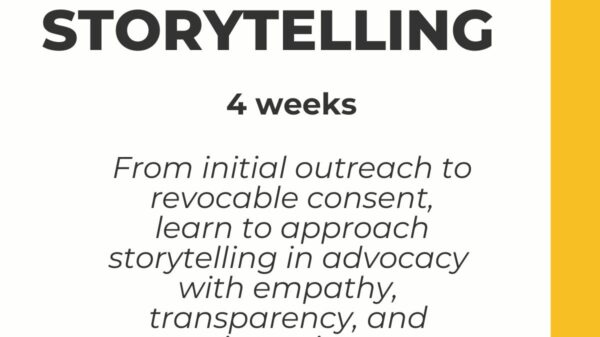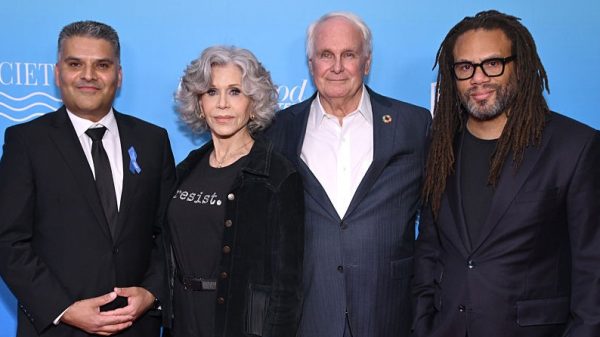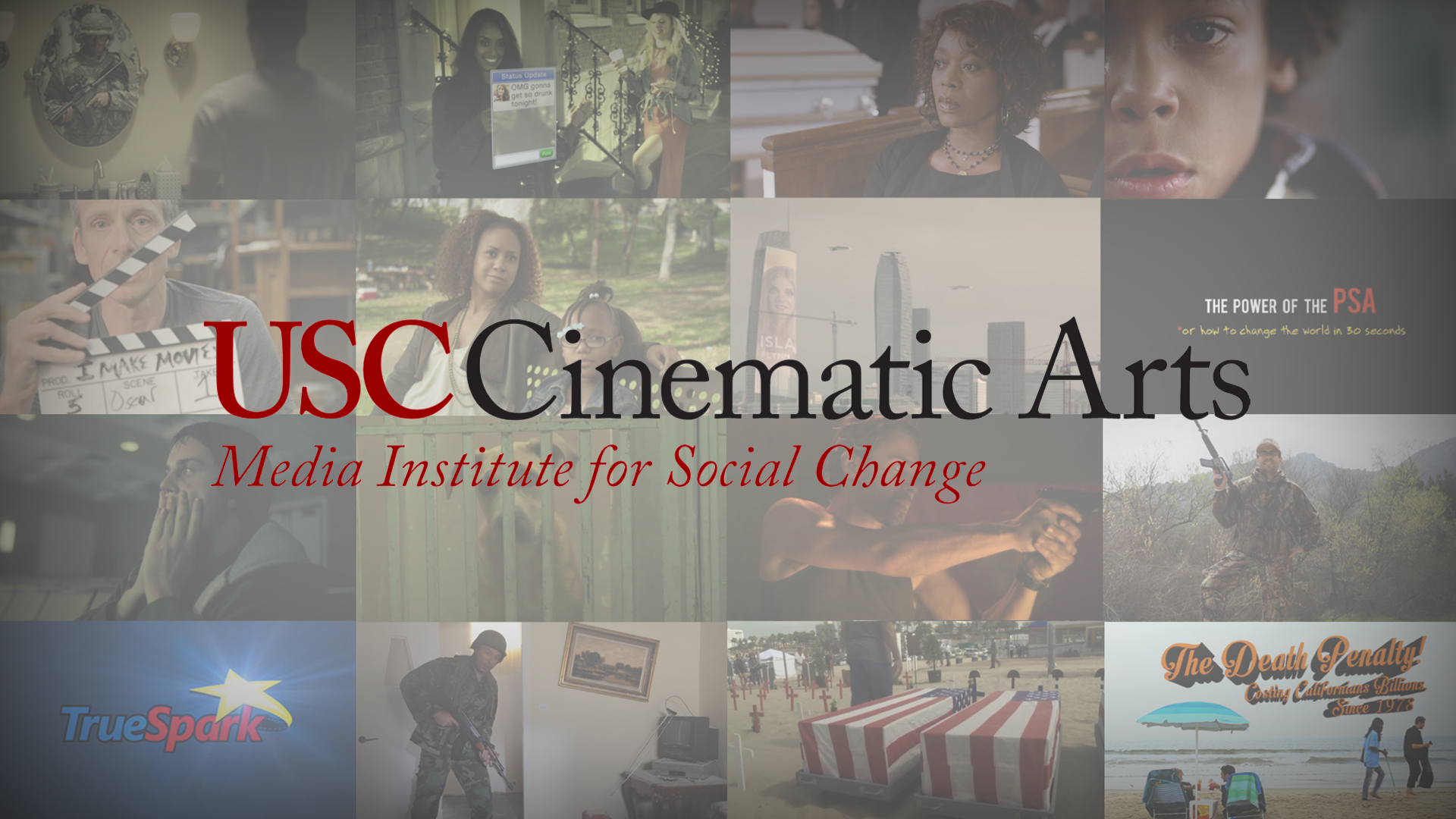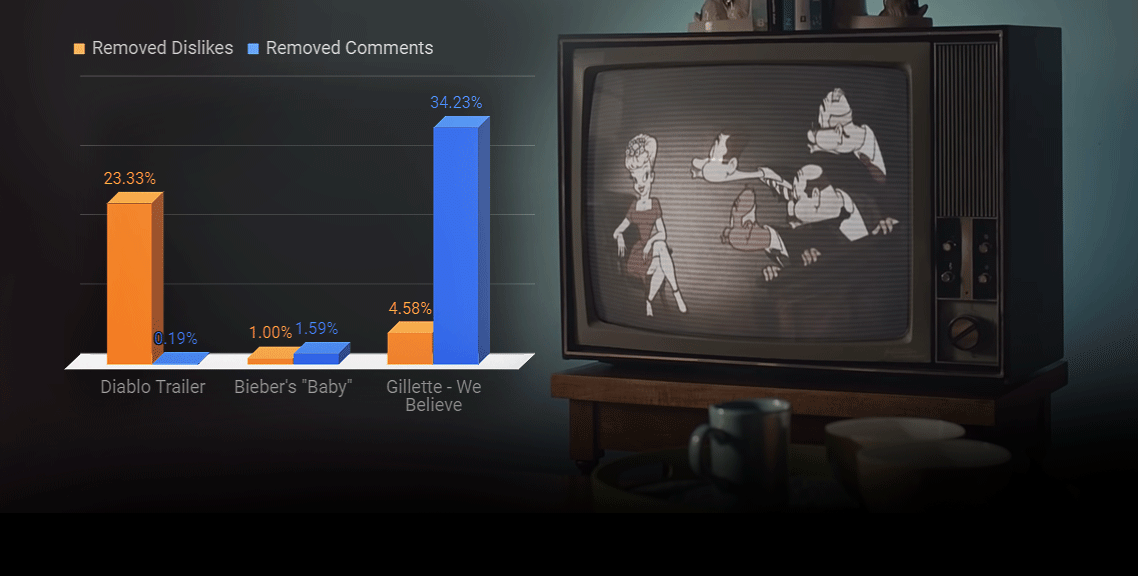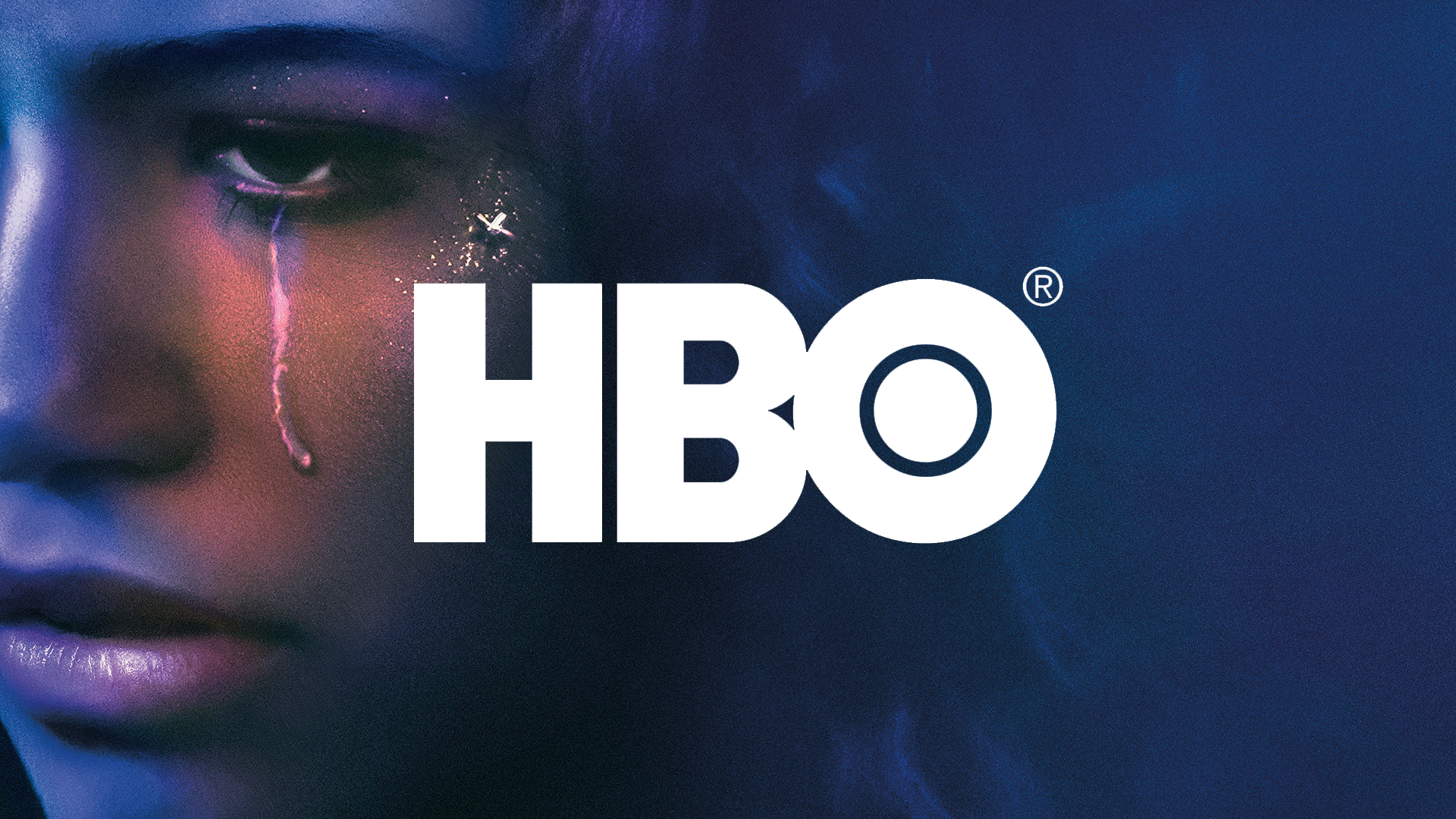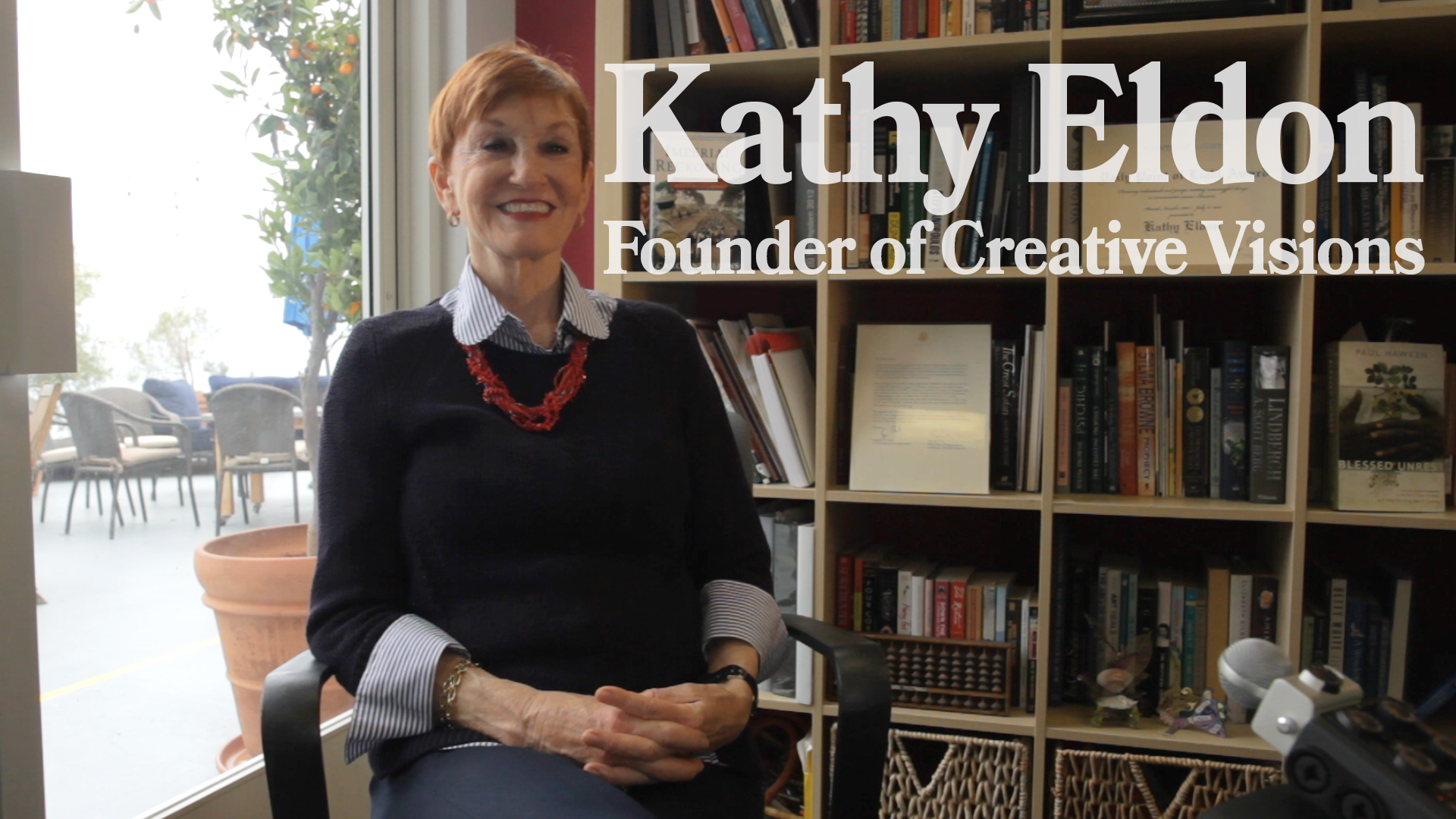As technology continues to progress forward at a meteoric rate, so do how we consume content. The attention economy in this day and age is vast and full of options. People can receive news from countless outlets, many of which are distributed conveniently on their facebook feed or other social media. It only took a few blogs to drum up press for the latest Sony scandal regarding ‘The Interview’. With that, the floodgates opened and thousands of opinions on the topic emerged, ranging from balanced to accusatory to downright insulting. With the democratization of content publishing, especially through blogs, the question becomes this: are blogs shaping the evolution of film criticism?
Before the advent of the internet, film criticism was localized to critics working for newspapers, magazines and broadcast media. Often this was divided into journalistic criticism and academic criticism by film scholars informed by film theory and who also watched way more films than the average moviegoing public. In today’s market, the online film review has become commonplace, with certain websites such as Rotten Tomatoes and Metacritic aggregating reviews and even assigning a score in order to gauge a film’s general reception.
Blogging has also introduced opportunities for a new wave of amateur film critics to have their voices heard. Some websites, such as Everyone’s a Critic, or The Online Film Critics Society, comprises writers from all over the world. There are also community driven review sites such as Flixter, FilmCrave, Mubi, and Flickchart that take even more advantage of the rating scale by allowing their users to rate them from 0 to 10, or a star rating from 0-4. The interesting thing to note about lots of these sites is that they are dependent upon ad revenue or pageviews, which forces them to commercialize their content in order to increase their views. More popular websites, such as Huffington Post, Upworthy and Gawker are notorious for this.
In this attention economy, coupled with the rising cost of purchasing theater seats, audiences don’t have time to watch movies, so they often rely on these reviews ahead of time. Some will glance at scores or rating and immediately make an executive decision: is the investment worth my time? This is not to blame them for evaluating their choices, but it raises the unsettling issue whether films can be judged simply on scores or what amateur film critics write on a popular blog. As a cinephile myself I often try to watch as many films as possible to expand my horizons, but I can’t help but be affected by the lingering feeling of going into a film knowing it only scores a 6%, and has been panned harshly by many bloggers. The concept “Wisdom of the Crowd” plays into this process, as the concept states that a large group’s aggregated answers to questions involving quantity estimation, general world knowledge, and spatial reasoning has generally been found to be as good as, and often better than the answer given by any of the individuals within the group. Can that extend to artistic merit?
Of course, there are some niche online websites, such as Cinefile Review, that attempt to adopt a review style closer to print journalism. The site prohibits advertisements and uncompromising opinions related to pageviews or clicks, and their film critics normally have an academic film background. But that is the minority. As far as the majority is concerned, reviews that generate high valence emotions, such as fear or disgust will inevitably drum up more reviews than a scholarly one that goes into the depths of a film’s themes or characterization. Do the existence of these commercially supported film blogs endanger the moviegoing public by warding them away from films of substance? It’s hard to tell. Often commercialization implies a dumbing down of content in order to reach a more widespread audience, and blogs will often dovetail from that, as they are more concerned about their own viewership than what people will actually think of the movie. Some aggregate sites, after a while, will see to project an opinion of “one” — that is the collective average opinion of bloggers and critics across the board. Whether they are or correct or not is irrelevant, as art is subjective, but that is when the wisdom of the crowds comes into play.
Cultural Critic Adam Sternbergh of New York magazine has come up with a concept of media analysis called the Undulating Curve of Shifting Expectations, or more clumsily phrased, UCoSE, which refers to the dynamic tension between pre-release promotion of a film and audience reactions to the film after it has been released. On the Seven-Stage Growth Chart, there are different stages: Pre-Buzz, Buzz, Rave Reviews, Saturation Point, Overhyped, Backlash, and finally, Backlash to the Backlash. While the concept is certainly interesting, and probably true, the emergence of film review predictability could erode the depth of academic film reviews, or at the minimum bury them beneath the more popular, commercial blogs. This won’t change, as long as these blogs exist and continue to make money. So are blogs dumbing down audience reviews and padding them with unrealistic expectations?
No one has an answer. I don’t. How we define and receive art has been a subject of constant contention dating back for a long time. Theodor Adorno claimed in 1969 that “It is self-evident that nothing concerning art is self-evident.” The basic meaning of art has changed several times over the centuries, and will continue to evolve in this century. What I do believe, though, is that with the presentation of more options, we as audiences can be drawn to films we haven’t heard of before, and blogs can pique interest in movies that we wouldn’t have otherwise thought of seeing. Whether the content is bad or not is ultimately up to how we decide, select, and go off on. And the fact that film criticism no longer belongs to a group of highly elite connoisseurs is a beautiful thing.



